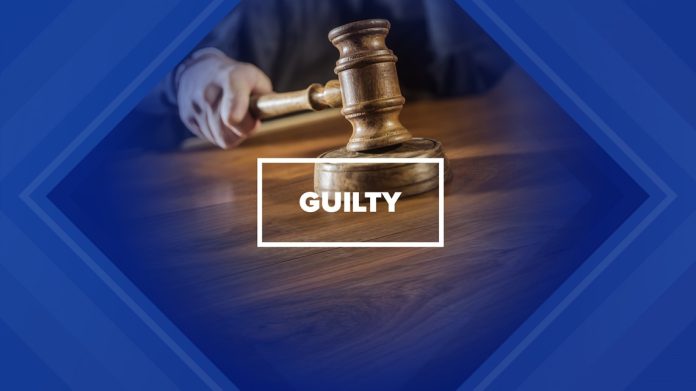The concept of police custody is grounded in the legal framework of each country or jurisdiction. Laws specify the circumstances under which police custody is permitted, the duration for which an individual can be detained, and the procedural safeguards that must be followed. These laws aim to strike a balance between effective crime investigation and protecting individuals from unlawful detention.
In many jurisdictions, police custody is governed by constitutional principles and specific legislative acts. For example, in India, police custody is regulated by the Criminal Procedure Code (CrPC), while in the United States, it is influenced by constitutional rights such as protection against self-incrimination and unlawful detention. Adherence to these laws ensures that police custody is used judiciously and only when supported by reasonable evidence.
Importance of Legal Safeguards
Legal safeguards associated with police custody prevent misuse of authority by law enforcement and protect individual freedoms. These include judicial oversight, limits on detention duration, and the right to legal counsel. Clear legal guidelines promote transparency and accountability, reducing instances of custodial abuse and ensuring that detainees receive fair treatment.

